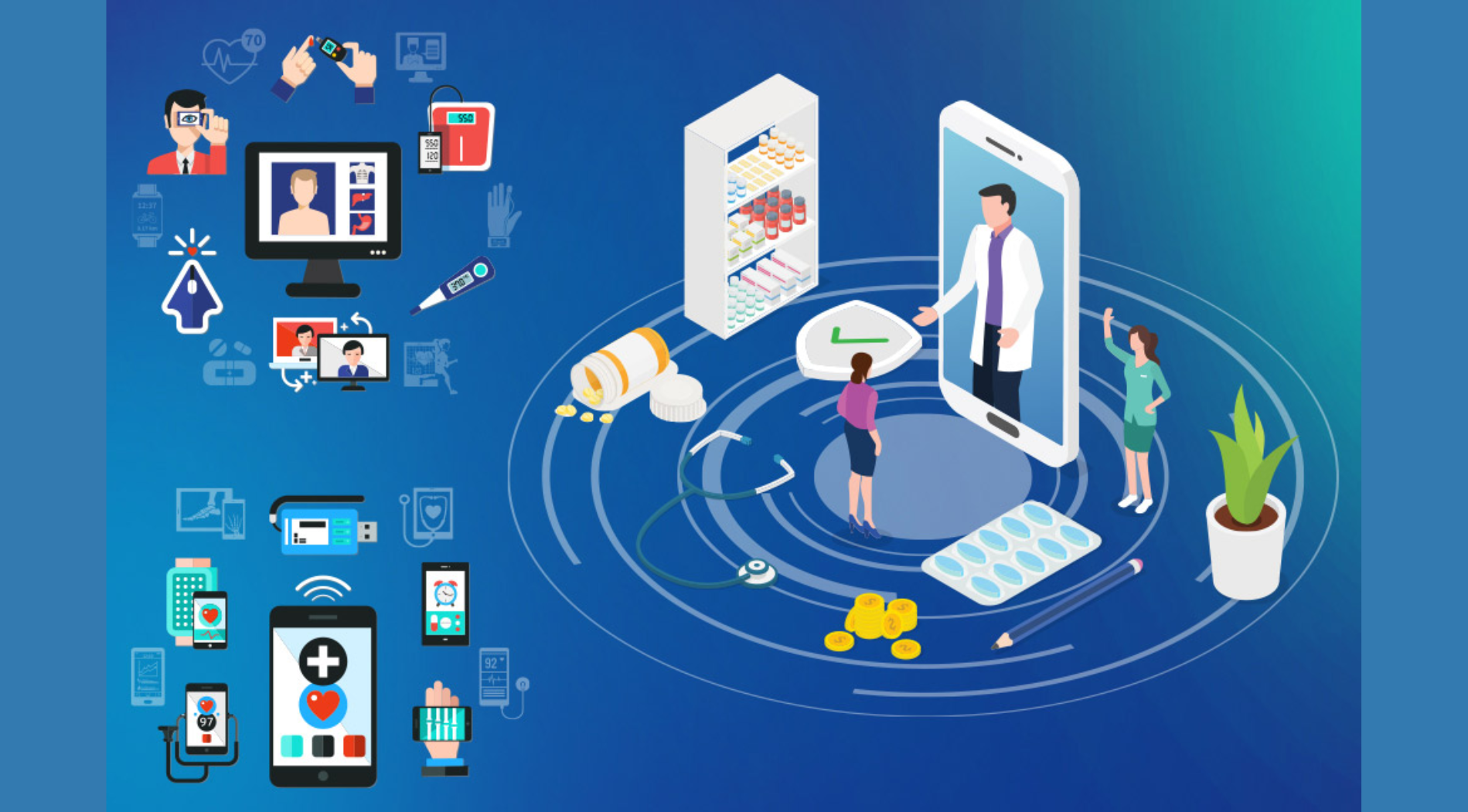Patient Consumerization: Revolutionizing Healthcare
In today’s fast-paced world, patient consumerization has become a buzzword. It refers to the shift in healthcare where patients are no longer passive receivers of care but active participants in their own health journey patient-centered care have the potential to revolutionize the healthcare industry by empowering patients with information and tools to make informed decisions. In this blog, we will explore the challenges faced during the implementation of patient consumerization, ways to solve them, and the benefits it can bring to both businesses and consumers.
Engagement Rates in Patient Consumerization
Consumer-driven healthcare has been gaining popularity in recent years, with more patients taking control of their healthcare decisions. This is due in part to the rise of technology, which has made it easier for patients to access information about their health and connect with healthcare providers. According to a survey conducted by Accenture, over 70% of patients are willing to engage with their healthcare providers digitally.
Challenges of Implementing Patient Consumerization
Despite the potential benefits of Patient engagement, there are challenges that come with implementing it. One of the biggest challenges is ensuring that patients have access to accurate and relevant health information. With so much information available online, it can be difficult for patients to know which sources are trustworthy.
Another challenge is ensuring that patients are able to communicate effectively with their healthcare providers. This can be especially difficult for patients with limited health literacy or who speak languages other than English.
Solutions to Overcome Implementation Challenges
To overcome these challenges, healthcare providers can take several steps. One of the most important is to provide patients with access to reliable sources of health information, such as patient portals or online health libraries. They can also provide patients with tools to help them communicate more effectively with their healthcare providers, such as translation services or telemedicine.
Creating a Successful Market for Patient Consumerization
Patient empowerment has the potential to create a successful market for both businesses and consumers. By providing patients with more control over their healthcare decisions, businesses can build trust and loyalty with their customers. This can lead to increased revenue and market share for businesses.
For consumers, patient consumerization can lead to better health outcomes and a more satisfying healthcare experience. By giving patients the tools they need to manage their own health, patient consumerization can help reduce healthcare costs and improve overall quality of care.
Conclusion
Patient consumerization is an important trend in healthcare that is changing the way patients interact with healthcare providers. While there are challenges to implementing patient consumerization, there are also solutions that can help healthcare providers overcome these challenges. By embracing patient-led care, businesses can create a successful market that benefits both themselves and their customers.


